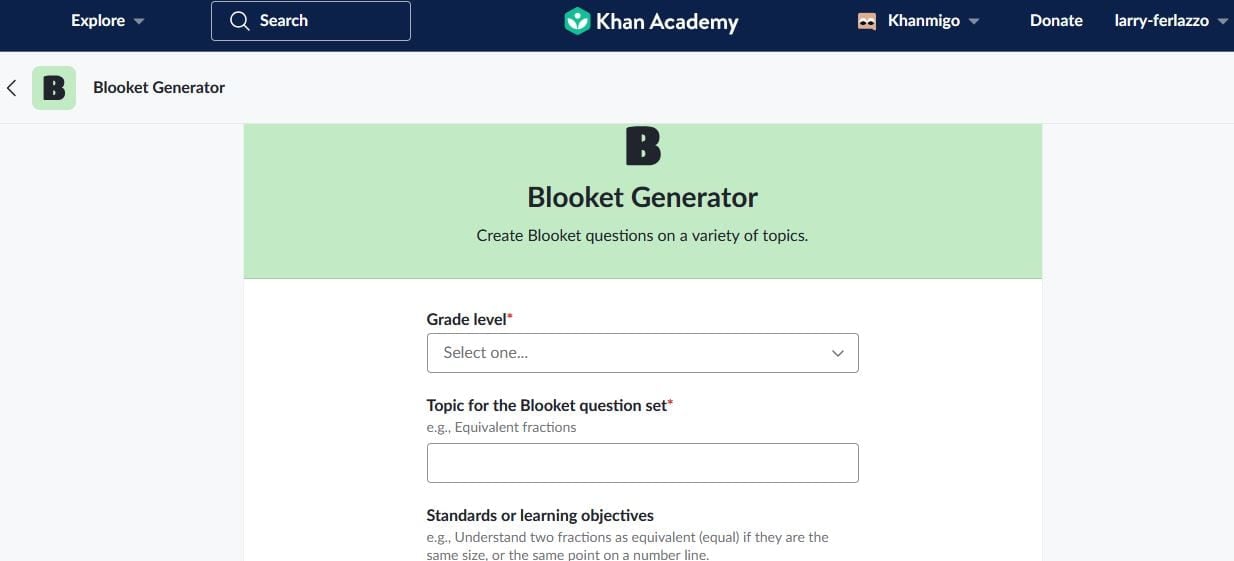GotW #99: Postconditions (Difficulty: 7/10)
This special Guru of the Week series focuses on contracts. Postconditions are directly related to assertions (see GotW #97)… but how, exactly? And since we can already write postconditions using assertions, why would having language support benefit us more for writing postconditions more than for writing (ordinary) assertions? JG Question 1. What is a postcondition, … Continue reading GotW #99: Postconditions (Difficulty: 7/10) →
This special Guru of the Week series focuses on contracts. Postconditions are directly related to assertions (see GotW #97)… but how, exactly? And since we can already write postconditions using assertions, why would having language support benefit us more for writing postconditions more than for writing (ordinary) assertions?
JG Question
1. What is a postcondition, and how is it related to an assertion? Explain your answer using the following example, which uses a variation of a proposed post-C++20 syntax for postconditions. [1]
// A postcondition along the lines proposed in [1]
string combine_and_decorate( const string& x, const string& y )
[[post( _return_.size() > x.size() + y.size() )]]
{
if (x.empty()) {
return "[missing] " + y + optional_suffix();
} else {
return x + ' ' + y + something_computed_from(x);
}
}
Guru Questions
2. Rewrite the example in Question 1 to show how to approximate the same effect using assertions in today’s C++. Are there any drawbacks to your solution compared to having language support for postconditions?
3. Should a postcondition be expected to be true if the function throws an exception back to the caller? Justify your answer with example(s).
4. Should a postcondition be able to refer to both the initial (on entry) and final (on exit) value of a parameter, if those could be different? If so, give an example.
Notes
[1] G. Dos Reis, J. D. Garcia, J. Lakos, A. Meredith, N. Myers, and B. Stroustrup. “P0542: Support for contract based programming in C++” (WG21 paper, June 2018). Subsequent EWG discussion favored changing “expects” to “pre” and “ensures” to “post,” and to keep it as legal compilable (if unenforced) C++20 for this article I also modified the syntax from : to ( ), and to name the return value _return_ for postconditions. That’s not a statement of preference, it’s just so the examples can compile today to make them easier to check.









![[DEALS] iScanner App: Lifetime Subscription (79% off) & Other Deals Up To 98% Off – Offers End Soon!](https://www.javacodegeeks.com/wp-content/uploads/2012/12/jcg-logo.jpg)
































































